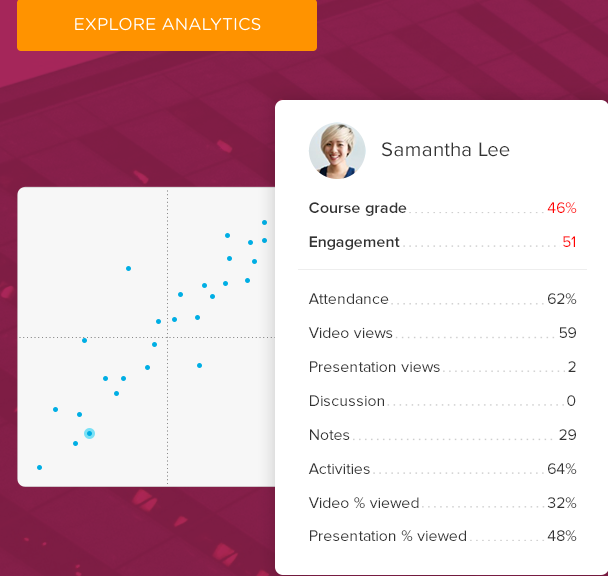The following is an interview conducted with JoJo Jacobson, Writing Coordinator with the Center for Academic Excellence about the upcoming Academic Honesty workshop for incoming freshmen at Wentworth.
LIT: What is the Academic Honesty workshop?
CAE: The Academic Honesty Workshop is an opportunity for incoming Wentworth freshmen to learn about our academic honesty policies as well as to develop skills for citing sources properly during the summer before entering Wentworth. We know students want to succeed when they get here, and going through the modules of this workshop will help ensure they have what they need before entering courses in the fall.
LIT: Where did the idea originate?
CAE: The Academic Affairs Committee realized that students needed an opportunity to learn about citation and plagiarism so that they could avoid academic dishonesty in their studies here at Wentworth. Joan Giblin suggested developing a Blackboard course to help bring that resource to students, and we developed it from there.
LIT: Who is the intended audience?
CAE: All Wentworth students can benefit from taking the workshop, but we think it is specifically well suited for entering freshman who might need to build their citation skills or brush up on the definition of plagiarism.
LIT: What is the format for the workshop?
CAE: The workshop will take place online using Blackboard and will be self-paced. We expect it will take students approximately one month over the summer to complete all five modules of the workshop. Each of the first four modules has information in a variety of formats (video, webpage, prezi, etc), and each of the first four modules also has assessment materials in the form of short quizzes and writing assignments to let students know how thoroughly they have learned the material. The fifth module contains the final assignment as a turnitin.com assignment, and students will receive feedback on their work before completing the workshop.
LIT: Who will be facilitating the workshop?
CAE: JoJo Jacobson, the CAE’s Writing Coordinator, will be facilitating the workshop. She will be providing feedback to students with assistance from three adjunct English professors.
LIT: What are the intended outcomes of the workshop?
CAE: We hope students will become familiar with citation basics—by the end of the workshop, students should be able to quote information from sources properly, utilize paraphrasing for longer passages, and use in-text citations. In addition, students should be able to identify what plagiarism is and what our academic honesty policies are at Wentworth.
LIT: What will be the underlying benefit for first year faculty?
CAE: Faculty will be able to know that all of their incoming students are aware of the basics of citation and academic honesty at Wentworth. Because of this, they won’t have to spend time in their course reviewing academic honesty policy, and they can expect that their students will not accidentally plagiarize while in their courses.
LIT: How can faculty reinforce/leverage the acquisition of knowledge gained by the students upon successful completion of this workshop?
CAE: Faculty can refer students back to information they learned in the workshop when giving assignments that require citing sources. For example, if a professor wants students to quote information they learned while writing a lab report, he or she can remind students, “If you need help figuring out how to quote the information properly, you can always go back and review information from the Academic Honesty Workshop you took over the summer!”

